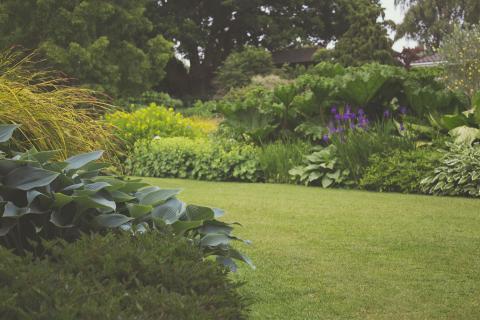
Gardens, an opportunity for biodiversity conservation in peri-urban areas
In France, while urban development has slowed considerably since the late 1960s, the proportion of the population living in peri-urban areas continues to increase, a process of peri-urbanization that is often viewed very negatively. However, the generally high proportion of private gardens in these peri-urban areas gives them an important potential for biodiversity conservation, both as possible refuges for wildlife species and as places for interaction between urban dwellers and these species.
The aim of the project is to use an interdisciplinary approach including ecology, sociology and geography to study this potential of peri-urban gardens for biodiversity conservation, with flowering plants and pollinators as ecological models. The two main objectives of the project will be (1) to understand how interactions between the ecological environment and human activities influence plant and pollinator diversity in private gardens, in order to identify levers for increasing biodiversity in these spaces; (2) to determine which practices associated with gardens tend to increase garden owners' sense of connection to nature, a potential lever for increasing pro-environmental behavior among urbanites.
To answer these questions, the project will rely on a two-scale study conducted in the peri-urban territory of the Saclay plateau. At the communal level, a sociological study will explore the role played by local public policies on the presence and profile of peri-urban gardens, notably the type of activities and equipment that are authorized there. At the individual level, the project will determine through questionnaires and interviews how gardeners make decisions about their garden design and gardening practices. The gardens themselves will be characterized quantitatively and in detail through analysis of high-resolution photographs, supplemented with data obtained from on-site surveys. Then biological inventories will be conducted to characterize the plant and pollinator communities present in the gardens.
This project on 2022-2023 involves:
- 2 C-BASC laboratories and 2 Graduate Schools of the university (Biosphera and Sociology and Political Science): Emmanuelle Baudry (ESE, UPSaclay) and Romain Melot (SADAPT, INRAE) as project leaders; Carmen Bessa-Gomes (ESE, AgroParisTech)
- an external laboratory: Ségolène Darly (LADYSS, Université Paris 8).

